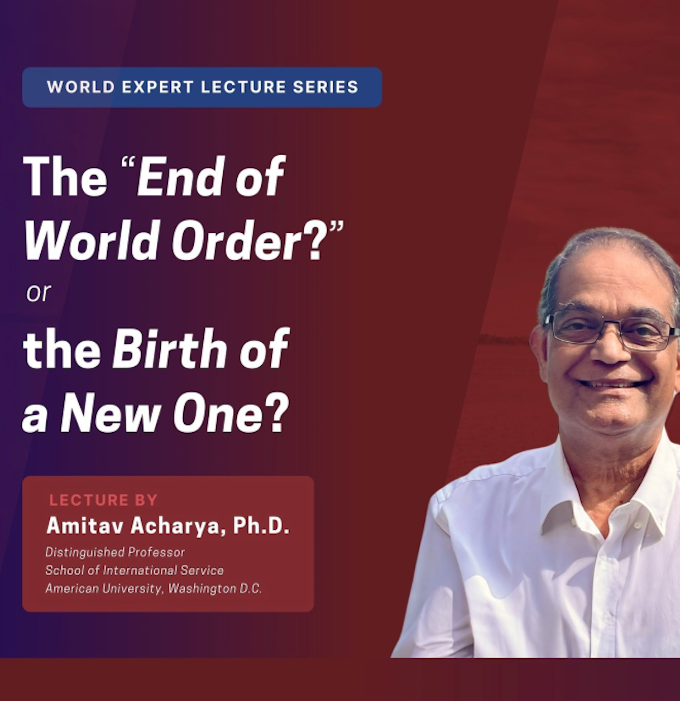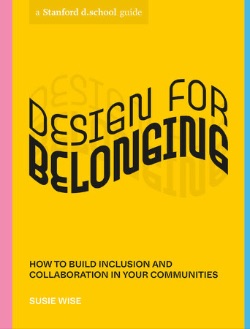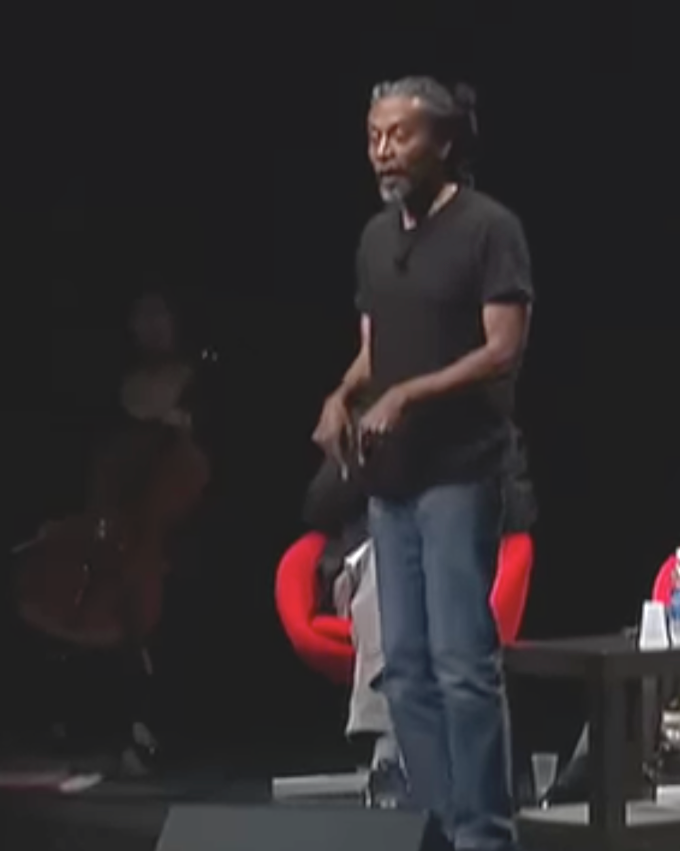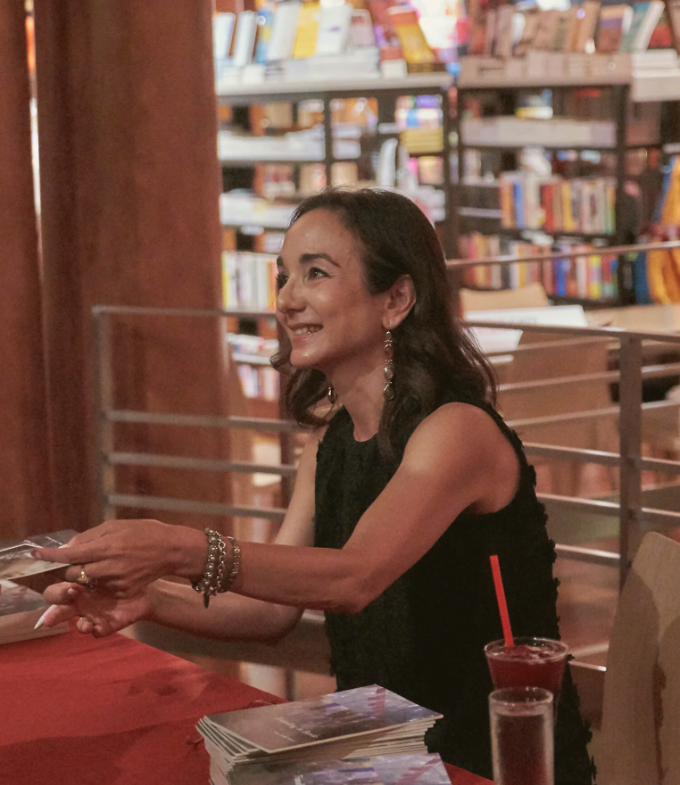April 11, 2025
Learning
'To understand that the American order is not the only possible system — that, for many countries, it is not even a particularly good or fair one — is to allow oneself to hope that its end could augur a more inclusive world.'

Amitav Acharya is a globally renowned scholar of International Relations. Recently, he has been advancing an idea he calls the "multiplex world order," an emerging international system marked by decentralization, pluralism, and interconnectedness, where power and influence are distributed across a diverse range of actors rather than concentrated in a single hegemon or a few dominant states.
He’s not surprised to see the American-led world order—dominant since World War II—beginning to unravel under President Trump. Nor is he overly concerned that its collapse will lead to chaos. Acharya points out that the last 70 years have primarily benefited the West, not the entire world. Moreover, global cooperation and order existed long before the American era.
Order, he argues, has always been a shared endeavor. Many nations in the Global South are eager to take part in shaping a world with fewer double standards and greater fairness. In fact, in the postwar period, many of these states gained independence and became active participants in international politics and in the multilateral institutions that the United States is now weakening.
This is an encouraging article that reminds us history shows diplomacy, cooperation, and humanitarian principles of warfare have existed for thousands of years. These longstanding traditions demonstrate that global order does not have to rely on the United States.
From the perspective of a multiplex world order, that might be a very good thing.
ARTICLE: Reasons to Be Optimistic About a Post-American Order




